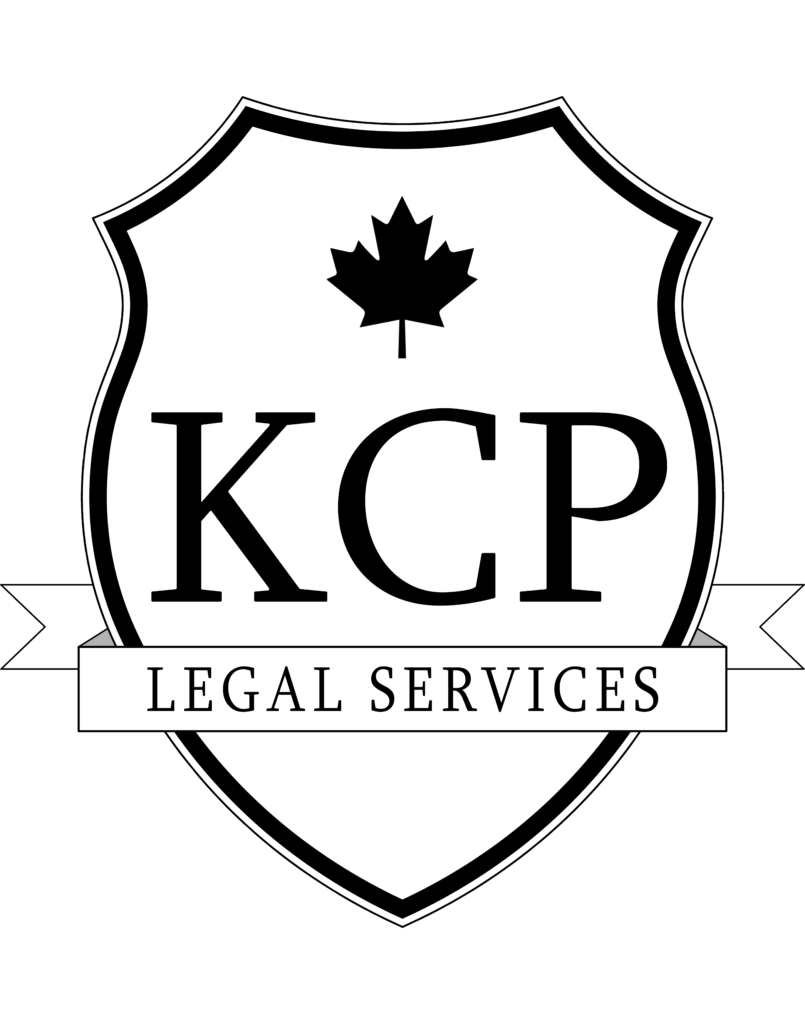If you are considering buying or selling a property in Ontario, it is important to be aware of the real estate law in the province. There are many things to consider, and it can be helpful to have a basic understanding of the most common questions people ask about real estate law. In this post, we will answer the top 10 FAQs about real estate law in Ontario!
1. Is it necessary to hire a lawyer when buying or selling real estate in Ontario?
 The short answer is no, although it is strongly recommended. Real estate transactions are complex and involve the exchange of large sums of money. A lawyer can help protect your rights as either a buyer or seller, ensure that contracts are legally binding, and provide sound legal advice should any disputes arise.
The short answer is no, although it is strongly recommended. Real estate transactions are complex and involve the exchange of large sums of money. A lawyer can help protect your rights as either a buyer or seller, ensure that contracts are legally binding, and provide sound legal advice should any disputes arise.
2. What type of documents do I need to review when buying property?
When buying property in Ontario, you should be presented with an Agreement of Purchase and Sale (APS), which outlines the details of the transaction including purchase price, closing date and conditions that must be met before the sale can proceed. You will also want to obtain a title search and review any covenants, easements or liens associated with the property.
3. What steps are involved in a typical real estate transaction?
The first step is to sign an Offer to Purchase (OTP) detailing the terms of the sale. Once accepted, you will need to arrange for financing and perform due diligence on the property before signing a binding Agreement of Purchase and Sale. Finally, your lawyer will handle closing documents and other necessary paperwork.
4. How long does it take to close a real estate transaction?
This varies depending on the complexity of the transaction but typically takes between 30-90 days from offer acceptance until closing day. During this time there are several important tasks that must be completed, such as obtaining financing and conducting inspections.
5. What is the difference between a realtor and a lawyer?
Realtors are licensed professionals who market and negotiate the sale of real estate on behalf of their clients. Lawyers, on the other hand, provide legal advice related to buying or selling property including drafting contracts, reviewing title searches and offering tax advice.
6. Do I need to use a lawyer if I am using a realtor?
 Yes, it is strongly recommended that you retain the services of a lawyer when buying or selling real estate in Ontario. A lawyer can help make sure that your rights as either a buyer or seller are protected throughout the transaction.
Yes, it is strongly recommended that you retain the services of a lawyer when buying or selling real estate in Ontario. A lawyer can help make sure that your rights as either a buyer or seller are protected throughout the transaction.
7. What happens if I don’t close on the agreed upon date?
If you fail to close on the agreed-upon date, there are several potential outcomes. The seller could sue for damages or seek another buyer; Additionally, either party can apply to court for a specific performance order forcing you to take action.
8. Are there any additional taxes when buying or selling property in Ontario?
Yes, you may be required to pay Provincial Sales Tax (PST) and/or Harmonized Sales Tax (HST) on certain types of real estate transactions. Additionally, Large Business Property Transfer Tax and Vacant Land Tax may also be applicable depending on the circumstances of your purchase or sale.
9. Can I purchase property anonymously?
No, the Ontario Real Estate Association (OREA) does not allow for anonymous purchases. Purchasers must provide their full name and contact information in order to proceed with a real estate transaction in the province.
10. What happens if my offer is accepted but I fail to close on the property?
If you fail to close on a property after your offer has been accepted, you may be required to pay liquidated damages or forfeit any deposits made. This depends largely on the terms of your Agreement of Purchase and Sale. Once again, it is strongly recommended that you have a lawyer review any documents before signing them.
These are just some of the most frequently asked questions about real estate transactions in Ontario. It is essential to always seek the advice of a licensed realtor and lawyer when making any property purchase or sale decisions. If you have any further questions about buying or selling real estate in the province, please consult a qualified professional at KCP Legal Services.

